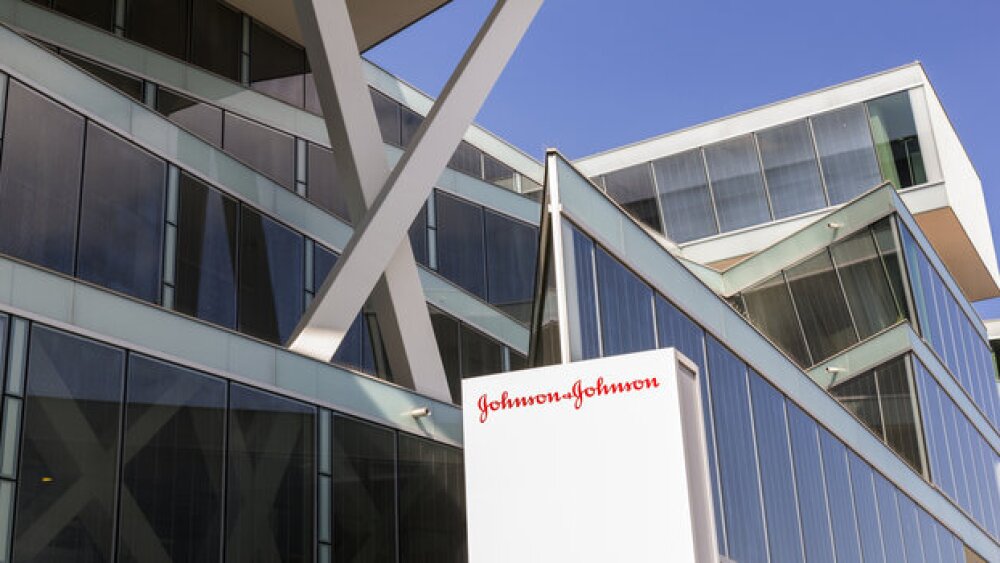Bayer will cut 12,000 jobs as it prepares an overhaul of its business that includes exiting its animal health business as it deals with the fallout from its $63 billion acquisition of Monsanto. Additionally, the company said it will sell its 60 percent stake in Germany-based site services provider Currenta.
Bayer will cut 12,000 jobs as it prepares an overhaul of its business that includes exiting its animal health business as it deals with the fallout from its $63 billion acquisition of Monsanto.
This morning the life sciences giant announced its plans to exit the animal health business, as well as sell off its interest in consumer health brands Coppertone and Dr. Scholl’s. Additionally, the company said it will sell its 60 percent stake in Germany-based site services provider Currenta. Bayer said the animal health business provides “growth options in an attractive market,” the company will be better served in the long-run by allocating the resources that could go to that business unit to support Bayer’s core pharmaceuticals, consumer health and crop science businesses.
The restructuring at Bayer comes in the wake of a massive amount of litigation the company faces from its Monsanto property. Monsanto faces more than 8,000 lawsuits over alleged cancer risks of glyphosate-based weed killers, such as Monsanto’s Roundup, Reuters reported in August. While Bayer and Monsanto will be tied up in litigation over the allegations, Werner Baumann, Bayer’s Chairman of the Board of Management, said in a conference call that the decision to eliminate those business holdings and lay off 12,000 employees, was not based on the legal issues stemming from the glyphosate lawsuits. The layoffs are approximately 10 percent of the company’s total workforce, with the majority being in Germany.
“Today’s decisions were not made necessary by the recent acquisition. And certainly not by glyphosate litigation in the United States. The measures we’re taking today extend beyond the commitments we’ve made as part of the integration. They represent the right step for our company. And they position us for the future, as a leader across all of our core life science businesses,” Baumann said, according to a conference call transcript.
Beaumann added that the company will concentrate on its core life science business and the actions its will undertake are aimed at increasing its productivity by “pursuing best-in-class innovation with a mindset that is informed by data, embraces external collaboration and is driven by the latest in technology.”
Bayer noted that a portion of its long-term savings from these divestments will be aimed at its pharmaceuticals division, to strengthen focus on external innovation, as well as continue to develop its internal R&D pipeline. Resources freed up through the reduction of internal capacities are to be directed toward strengthening investment in collaborative research models and external innovations, Bayer said.
Beaumann said the company’s “future innovation model in pharmaceuticals” will follow the principle that “where an innovation comes from is less important than how we turn it into benefit for customers and patients.”
Beaumann pointed to this week’s approval of Vitrakvi, a first-of-its-kind TRK inhibitor fur use in multiple solid tumors. The drug was co-developed by Loxo Oncology.
“With this week’s FDA approval for our new cancer drug Vitrakvi, we have a great example of how successful innovation can come about through external collaboration. That’s exactly how we want to move forward,” he said.
In its hemophilia business, Bayer said there have been a number of new products introduced to the market recently that have increased competition. In order to remain competitive in the segment, Bayer said it will not use the Factor VIII facility it built in Wuppertal, Germany. All recombinant factor VIII production will be conducted in Berkeley, California. In August, Bayer secured regulatory approval for Jivi, a routine prophylactic treatment in adult patients who previously underwent treatment for hemophilia A.
With the restructuring in mind, Bayer said for its consumer health business, is has “initiated measures to enable the division to catch up to market growth in the coming years and improve profitability.” Bayer said those measures include a planned exit from product categories, like Coppertone and Dr. Scholl’s, that have “more favorable development potential outside of Bayer.” With the exit from those areas, as well as an earlier announced divestment of prescription dermatology products, Bayer said the company will focus its resources on more profitable growth areas in its core consumer health categories.
Regarding the sale of its stake in Currenta, Bauer said after the successful carve-out of Covestro, Bayer’s use of Currenta’s services no longer justifies this 60-percent stake.





